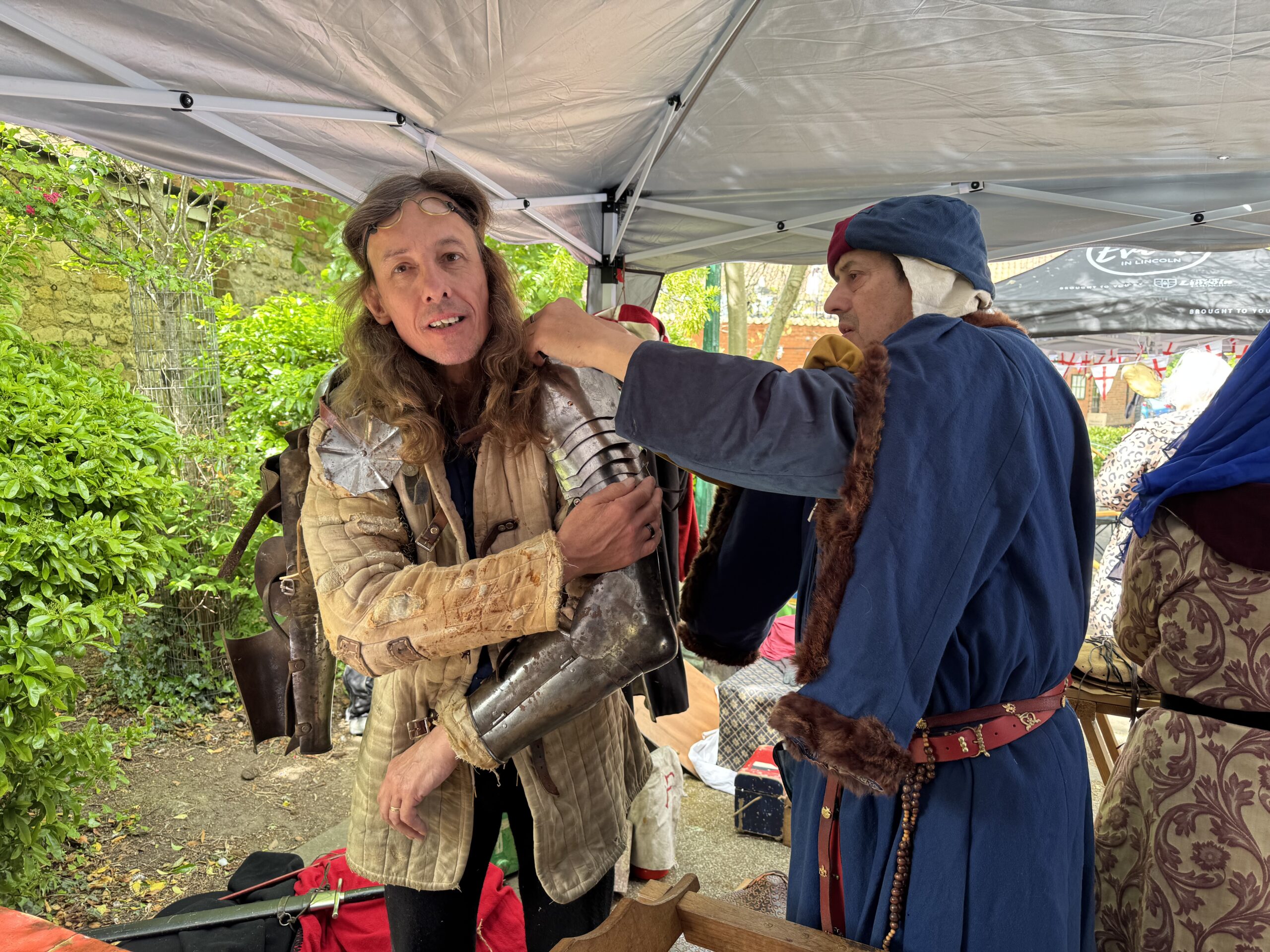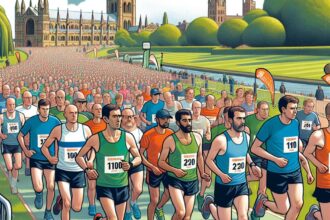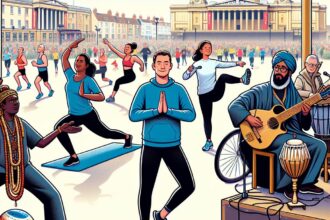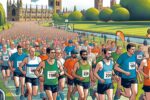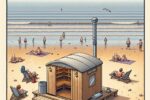The city of Lincoln was swept up in a whirlwind of sword fights, storytelling and time travel this Bank Holiday weekend, as the Lincoln Festival of History returned bigger and bolder than ever. From Friday 3 to Sunday 5 May, the historic city centre was transformed into a living museum, drawing thousands of visitors eager to step back into the past.
Following the success of its inaugural outing in 2024, this year’s festival did not just rest on its laurels. It pushed further, offering a packed programme that spanned everything from Vikings to Victorians, Romans to the 1940s. Organised by the City of Lincoln Council’s Events in Lincoln team, the event turned the streets and squares into vibrant windows into different eras.
Cornhill Square echoed with the clash of swords as Viking warriors reenacted ferocious battles, while visitors wandered through realistic encampments and chatted with costumed interpreters. At St Paul in the Bail, children took part in the Knight Academy, where they dressed in medieval gear, practised swordplay, and learned the ways of chivalry to the cheers of proud parents.
Over in Castle Square, the scene shifted to ancient Rome. A bustling market recreated the crafts and commerce of the time, with blacksmiths hammering away beside weavers, potters and tile-makers. In City Square, a collection of classic cars and wartime memorabilia offered a nostalgic glimpse into mid-20th-century life, complete with 1940s tunes drifting through the air.
Lincoln Cathedral took centre stage for much of the festival. Visitors were invited to meet the iconic Lincoln Longwool sheep, known for their flowing fleece, as part of a celebration of local agricultural heritage. Inside, an exhibition titled “A Right Royal Heist” explored the dramatic removal of the cathedral’s treasures during the reign of Henry VIII. Tudor-themed family activities, including crown-making and biscuit decorating, kept children entertained. Meanwhile, the VE80 Tea Dance brought the cathedral to life with live 1940s music and dancing in period dress, marking eighty years since Victory in Europe Day.
Throughout the weekend, the emphasis was on participation and accessibility. Hands-on activities such as candle rolling and grain grinding gave people a taste of historic daily life, while self-guided walking trails encouraged exploration of Lincoln’s past. The Roman Trail and the 1217 Battle of Lincoln Trail proved popular, guiding visitors through the city’s key heritage sites. A special festival ticket on the Lincoln Tour Bus helped visitors move easily between locations.
Councillor Joshua Wells, Portfolio Holder for Inclusive Economic Growth, said the event was a powerful reminder of the city’s unique appeal. “Following last year’s Lincoln Festival of History and its nomination for the Tourism and Excellence Awards, we were determined to make this year even more memorable. The response from the public has been fantastic.”
Judging by the footfall and feedback, Lincoln has once again proven that history is not just something to read about. It can be touched, heard, worn, and danced to. The festival combined entertainment, education and community spirit, reinforcing the city’s growing reputation as a destination for cultural tourism.

